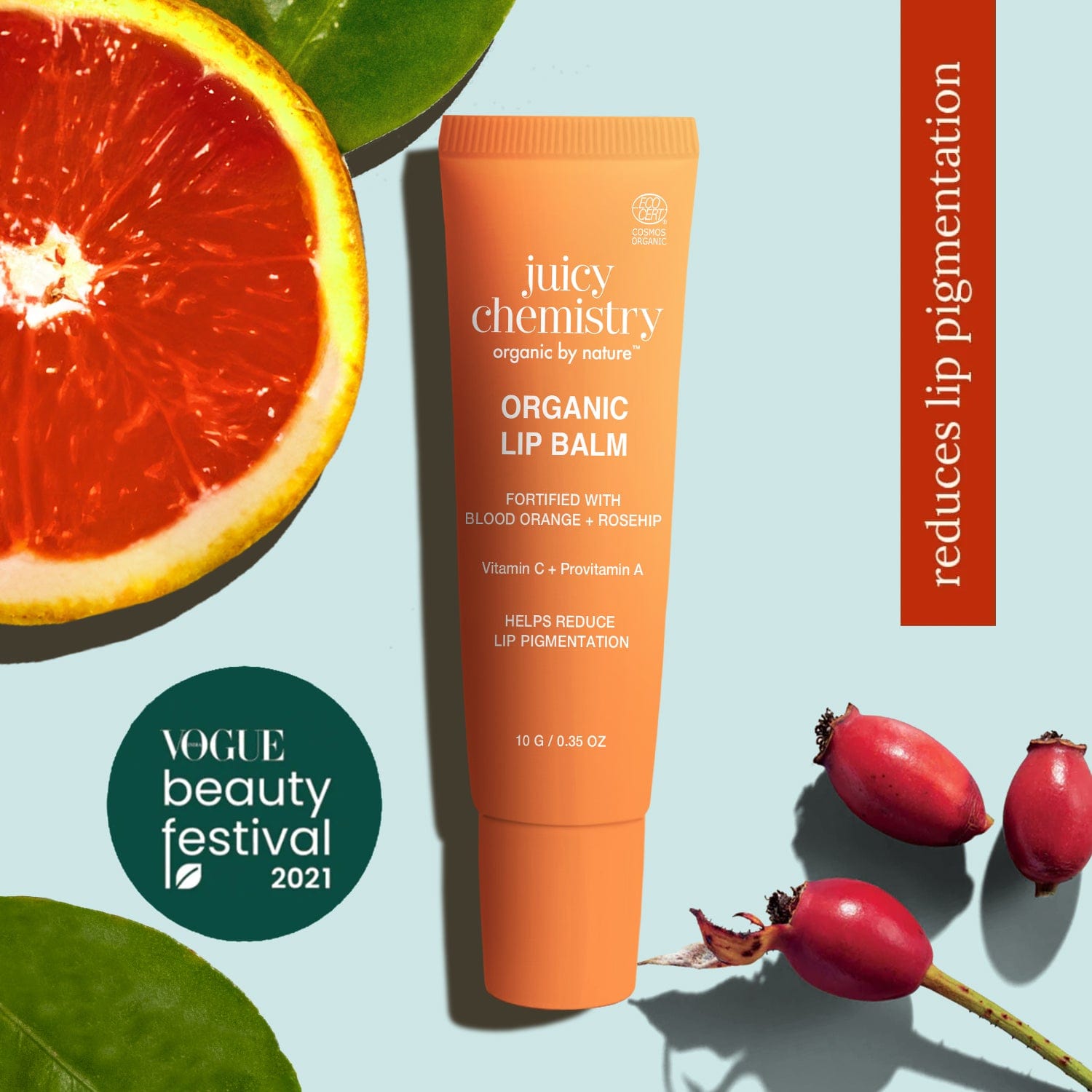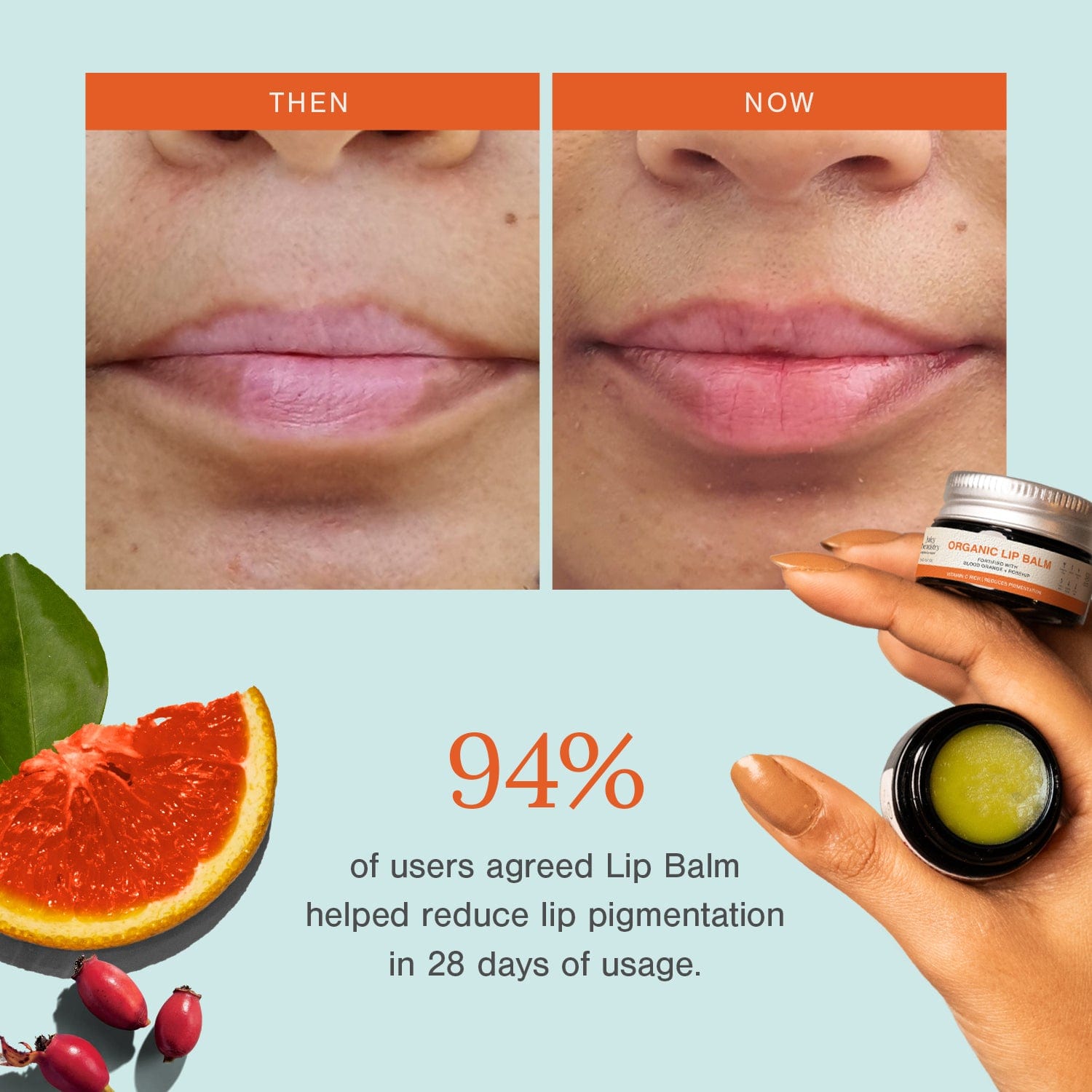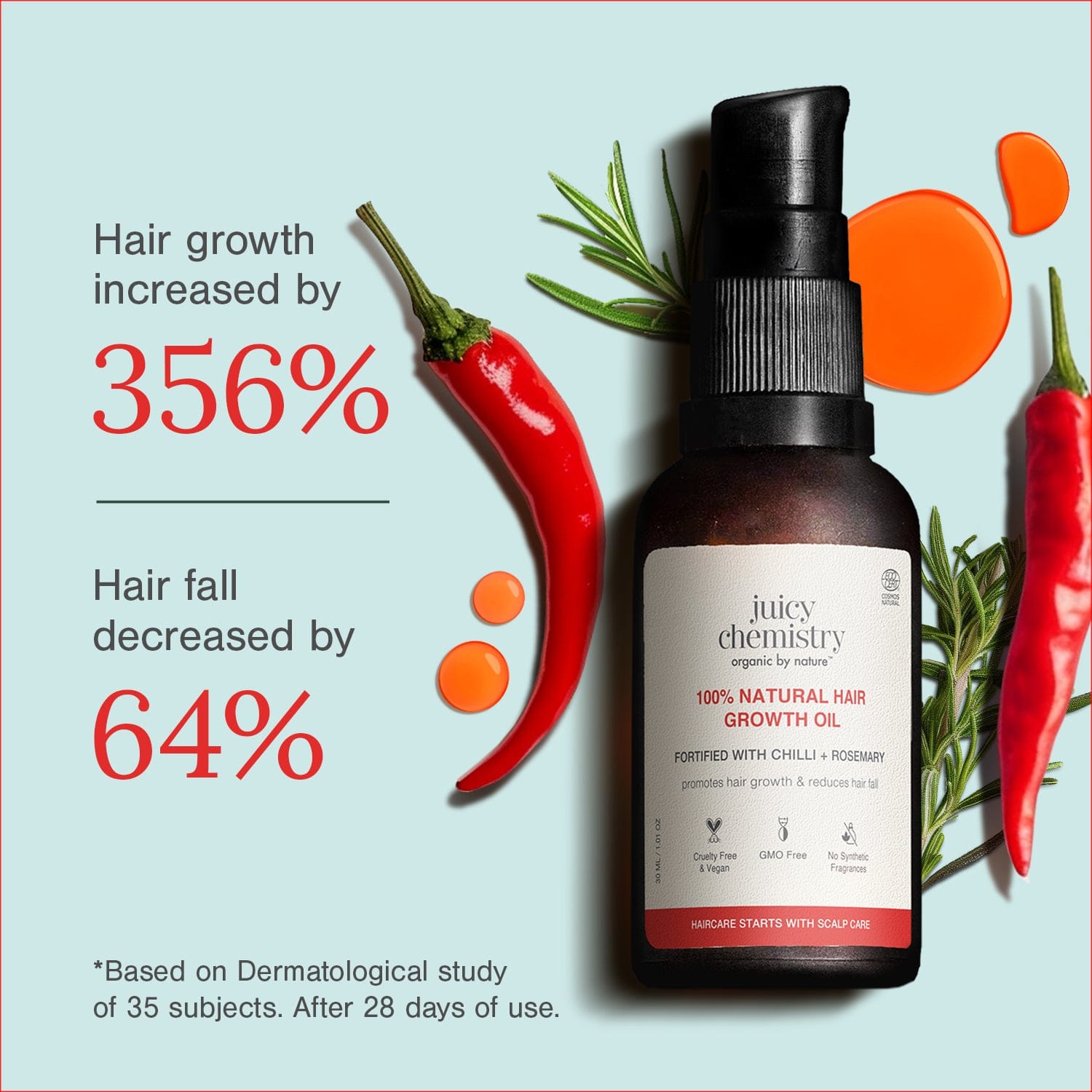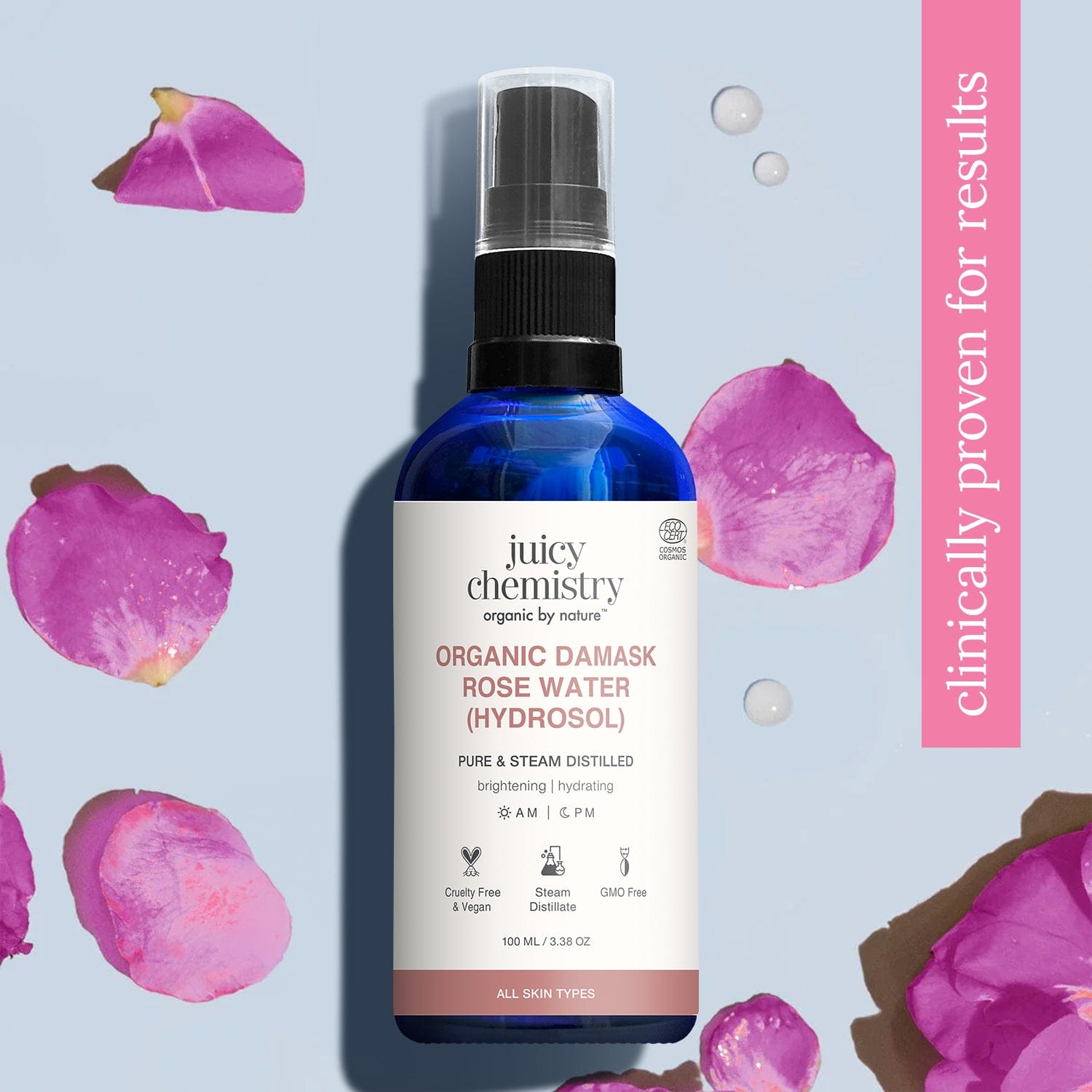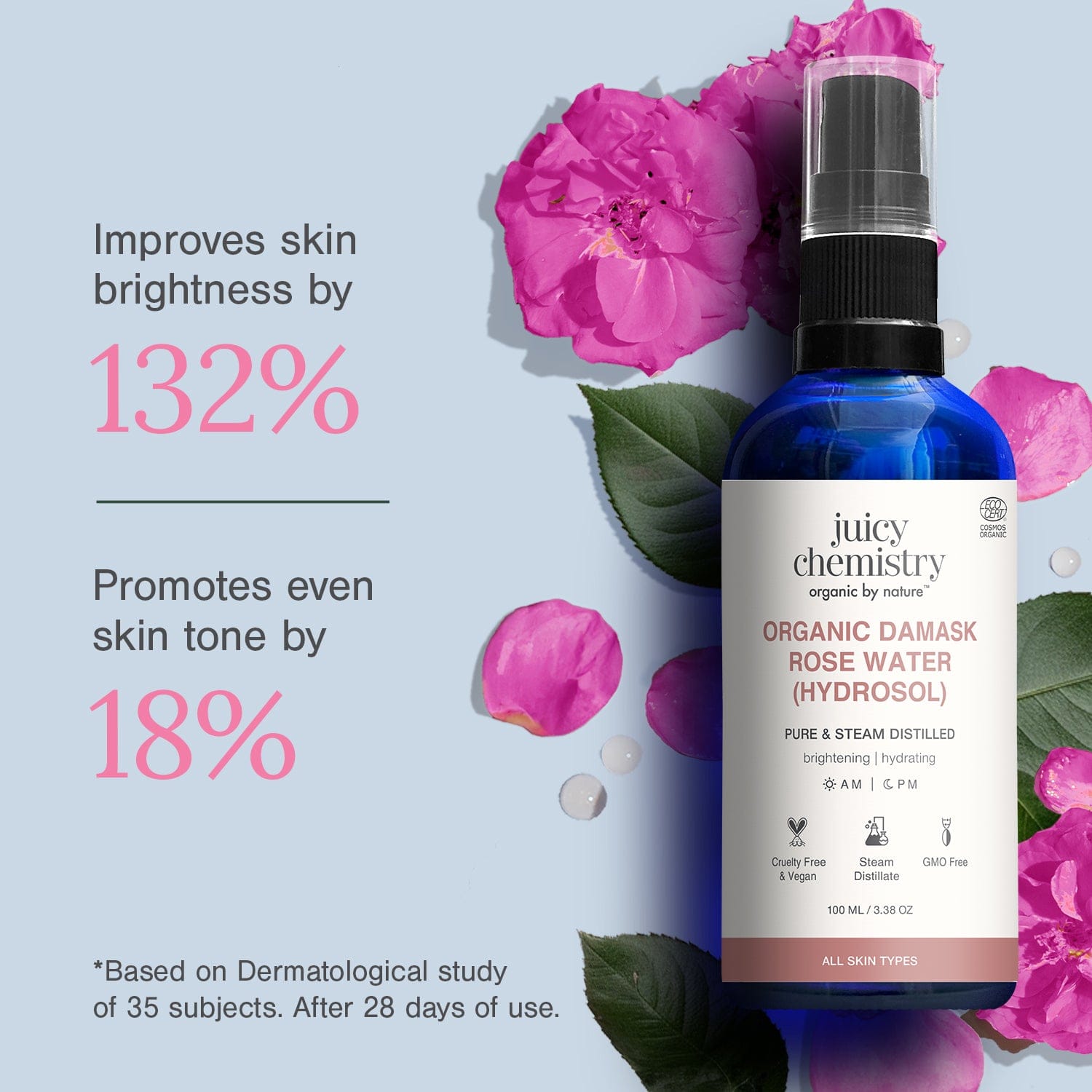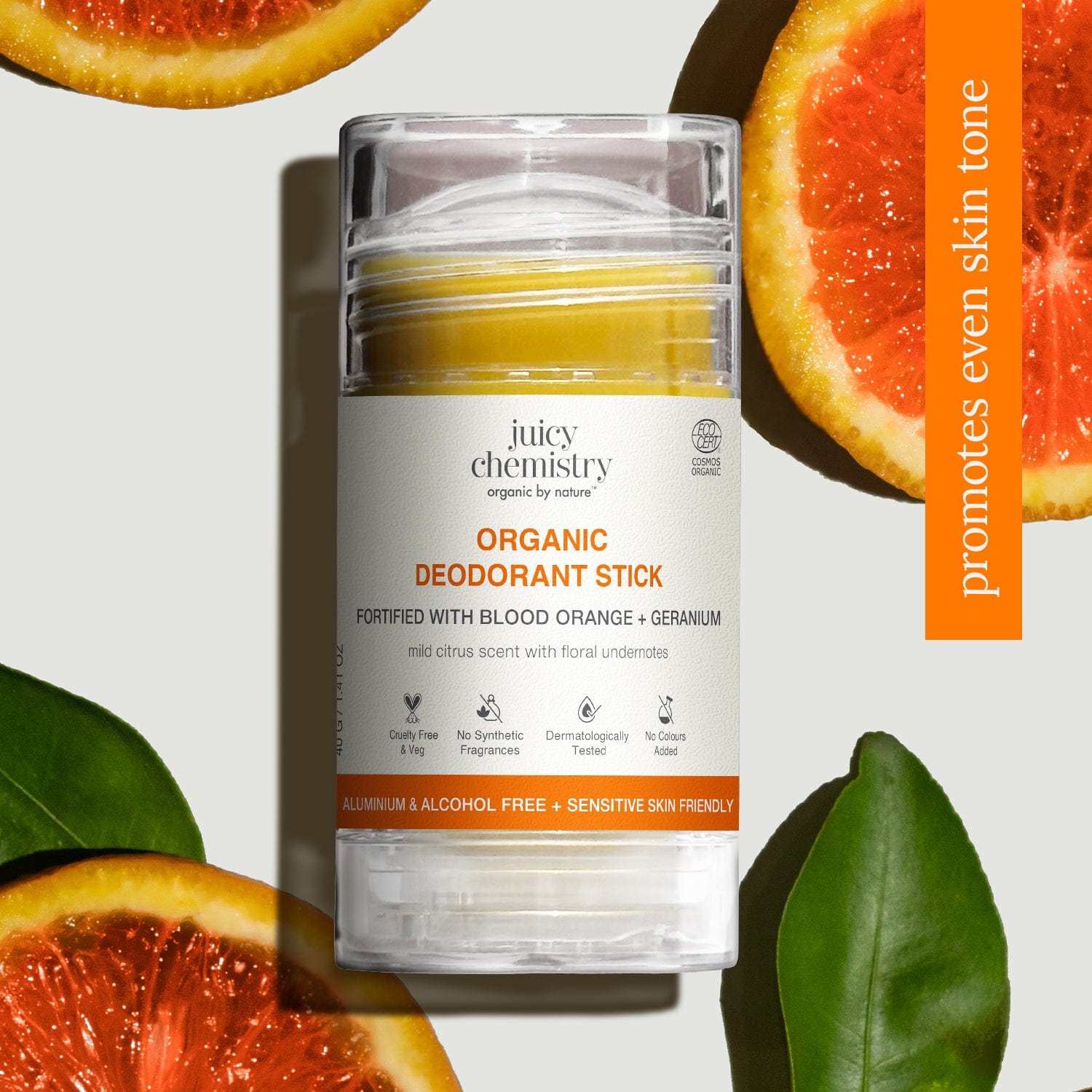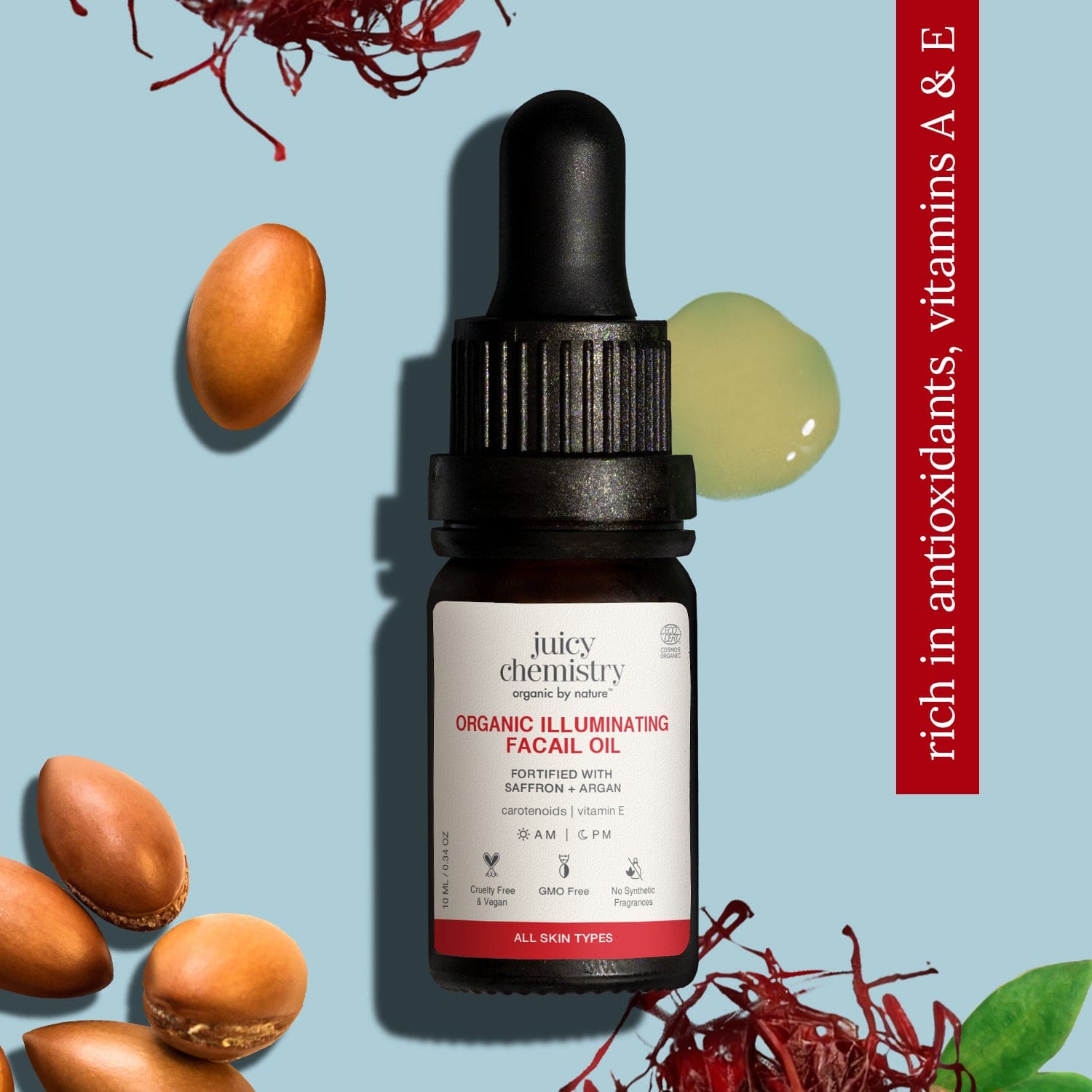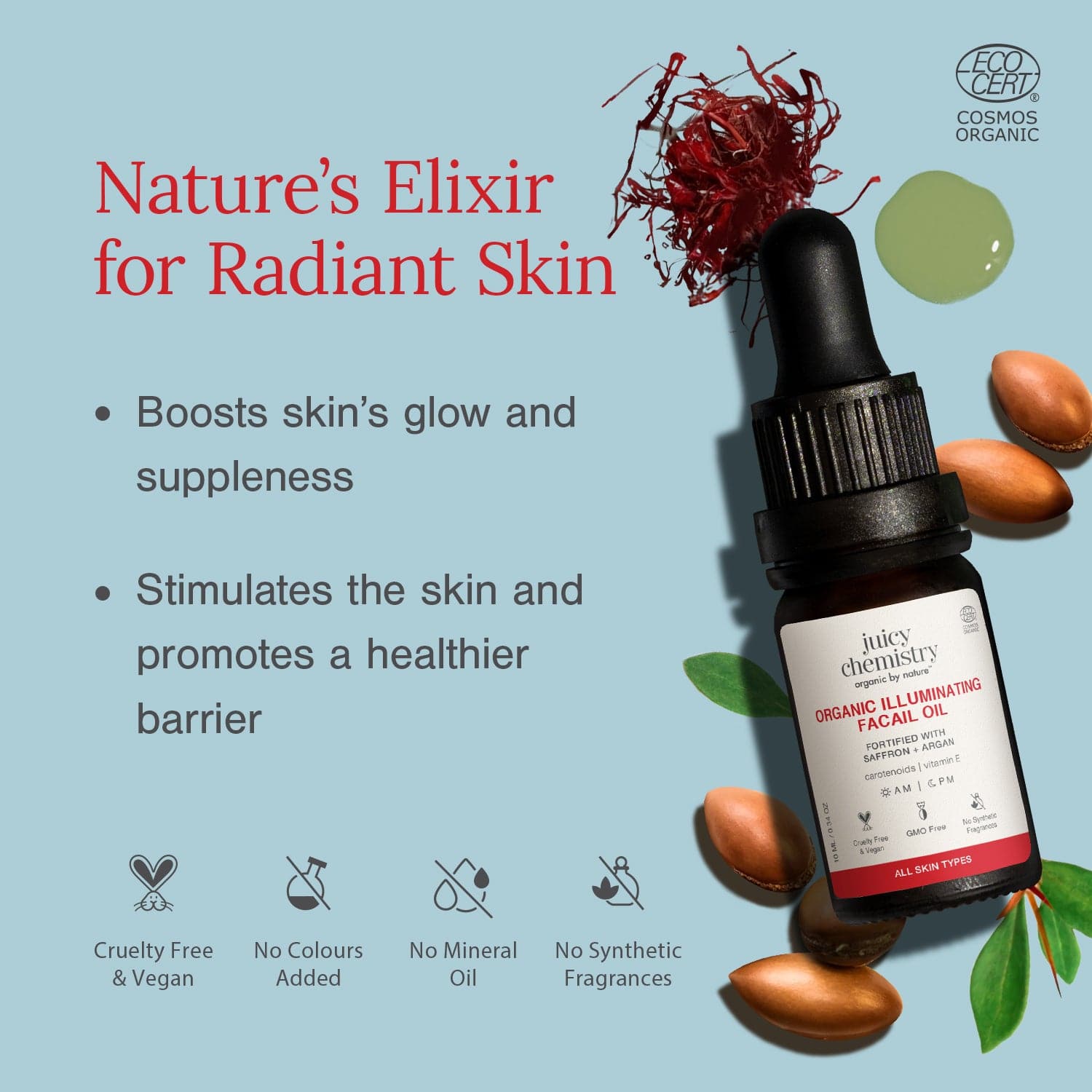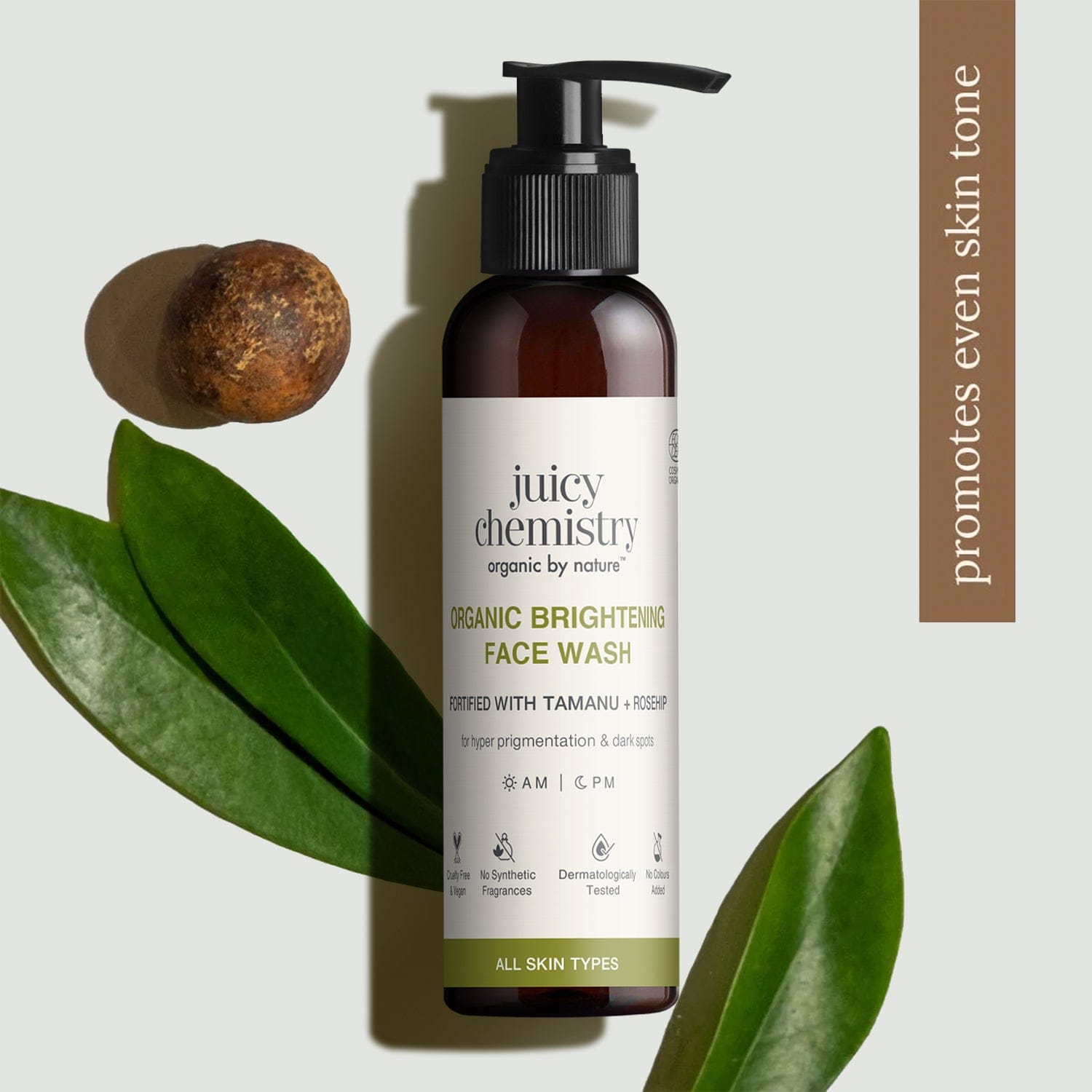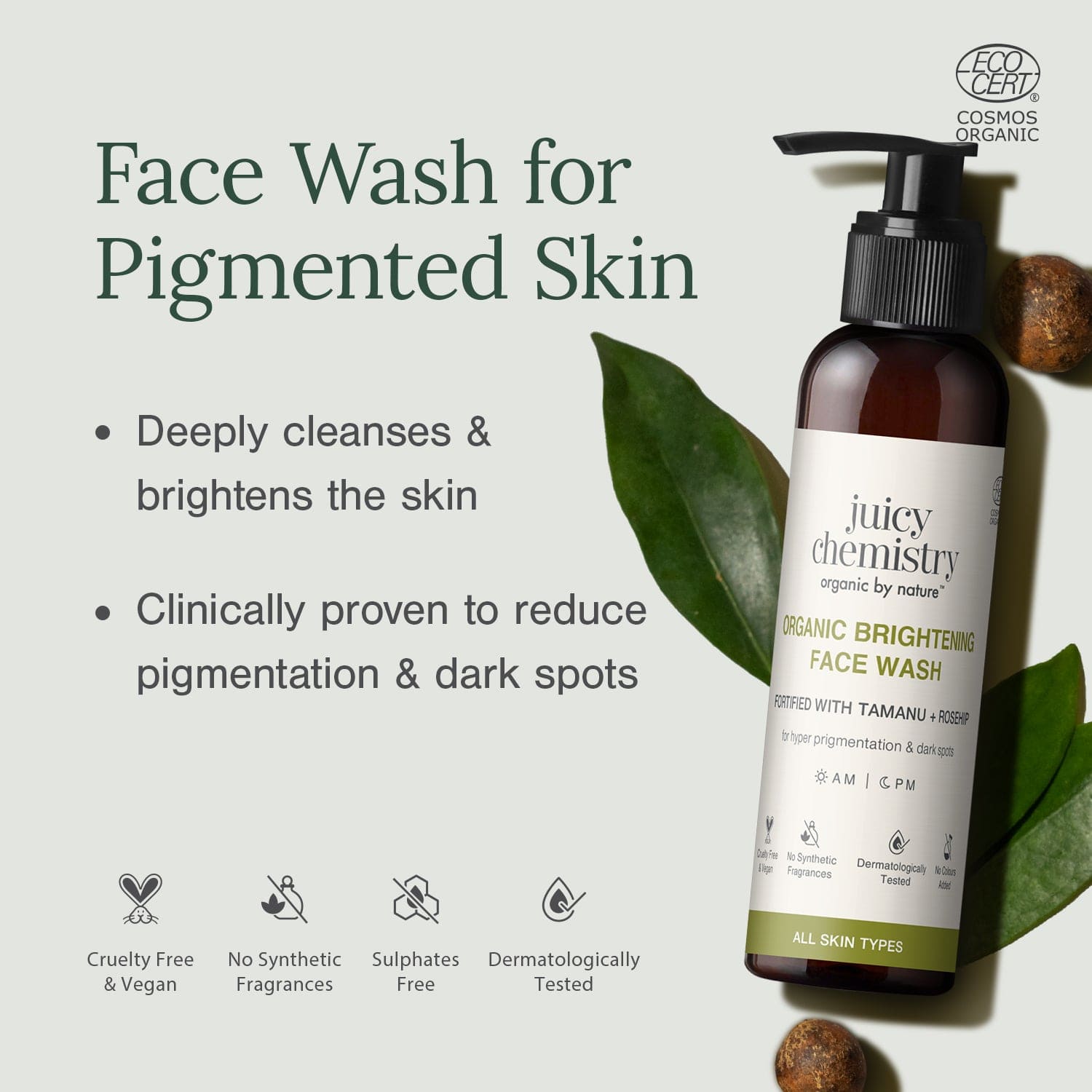5 Incredible Benefits Of Using Sunscreen Every Day
May 27, 2024Every morning, you cleanse, tone, and moisturize your skin to prepare it for the day ahead. However, the most crucial step in your skincare routine often gets overlooked in the morning rush—sun protection!
Sunlight can infiltrate your daily activities as you travel to work, run errands, or relax by a large window at home. It follows you wherever you go, posing a serious threat to your skin's health over time if left unprotected.
This is why applying sunscreen daily has become essential. It’s not just for beach outings or tropical getaways; it’s a critical component of your everyday skincare routine, no matter the season.
In this article, we will discuss the primary advantages of using sunscreen every day and dispel some common myths surrounding it to encourage you to adopt this straightforward yet vital SPF habit.
The Advantages of Daily Sunscreen Use:
-
Shields Against Harmful UV Rays:
When ultraviolet (UV) radiation from the sun penetrates our skin, it interacts with the DNA of skin cells, producing reactive oxygen species (ROS) within those cells. Also referred to as free radicals, these unstable molecules can cause oxidative stress at a cellular level, damaging DNA, proteins, and lipids.
Sunscreen creates a protective layer on the skin's surface that absorbs and reflects UV rays, preventing them from reaching the deeper layers of the skin where they can cause significant harm. -
Prevents Early Aging:
Research indicates that individuals who consistently incorporate sunscreen into their skincare routine tend to have fewer wrinkles and age spots compared to those who neglect it. Here’s why sunscreen offers anti-aging benefits for the skin: collagen and elastin fibers are essential structural proteins that keep your skin firm and elastic. UV damage can degrade these proteins, resulting in sagging skin and the emergence of wrinkles and fine lines.
Therefore, using sunscreen daily should be a priority if you wish to maintain your skin's youthful radiance and combat early signs of aging. -
Minimizes Hyperpigmentation and Dark Spots:
Spending excessive time in the sun without sunscreen can lead to those annoying dark spots and tans on your skin. This is caused by the overproduction of melanin, the pigment that gives your skin its color.
Our skin produces additional melanin when exposed to sunlight, resulting in tanning. Sun exposure can also trigger a skin condition known as melasma, where uneven brown patches develop on the skin. Thus, wearing sunscreen is crucial to fading uneven skin tone and hyperpigmentation while preventing new dark spots from forming. -
Enhances Skin Barrier Function:
The barrier function of our skin is vital for protecting against environmental stressors, pathogens, and moisture loss. When this barrier is compromised, it increases your skin’s sensitivity to the sun, leading to irritation and redness.
By applying SPF, you provide your skin with an additional layer of defense against UV damage. It acts as a shield to retain moisture and block harmful UV rays, helping your skin remain strong and resilient. -
Prevents Sunburn:
Sunburn is a visible indication of UV damage, resulting in redness, pain, swelling, and skin peeling. UVB rays can penetrate clouds and windows, causing skin burns throughout the year. Therefore, applying sunscreen with an SPF of 30 or higher is crucial to block UVB radiation, which is responsible for burning the outermost layers of the skin. -
Safeguards Sensitive Skin:
Various skin conditions, such as rosacea, eczema, and psoriasis, can worsen with sun exposure. Additionally, certain medications and skincare products can heighten your skin’s sensitivity to sunlight, increasing the risk of sunburn, inflammation, and hyperpigmentation.
Using a broad-spectrum sunscreen, particularly one with mineral UV filters, will help reduce redness and irritation caused by sun exposure, allowing you to enjoy outdoor activities without worry.
Debunking Common Sunscreen Myths
Myth: Individuals with darker skin tones do not require sunscreen.
Fact: Although darker skin tones possess some natural protection against UVB radiation due to higher melanin levels and are less prone to sunburn, they remain vulnerable to UVA damage. Therefore, wearing sunscreen is essential to safeguard their skin from photodamage.
Myth: Sunscreen is only necessary during the summer months.
Fact: UV rays can penetrate through clouds and inflict skin damage even on overcast days. Thus, it is vital to wear sunscreen daily, throughout all seasons, to protect your skin from sunburn, premature aging, and tanning.
Myth: Sunscreen only needs to be applied once a day.
Fact: Sunscreen can wear off within a few hours, especially due to sweating, swimming, or touching your face. To maintain protection throughout the day, it is crucial to reapply sunscreen every 2-3 hours, or more frequently if you are outdoors.
Myth: Higher SPF sunscreen offers significantly greater protection.
Fact: While higher SPF sunscreens (like SPF 100) provide more protection against UVB rays, they do not offer proportionally higher protection. SPF 30 blocks approximately 97% of UVB rays, while SPF 50 blocks about 98%. No sunscreen can block 100% of UV rays, so it is essential to reapply sunscreen regularly and utilize other sun protection methods.
Myth: Sunscreen inhibits vitamin D production.
Fact: Although sunscreen can reduce vitamin D synthesis in the skin by blocking UVB rays, most individuals do not reapply sunscreen sufficiently to block all UVB rays. Furthermore, there is no evidence to suggest that daily sunscreen use leads to vitamin D deficiency. The advantages of protecting your skin from sun damage outweigh the risks of vitamin D deficiency, which can be easily managed through supplements.
Myth: Sunscreen is only necessary for outdoor activities.
Fact: UV rays can penetrate through windows and cause skin damage even when indoors. Whether you are working near a window, driving, or spending time outside, sunscreen is essential for protecting your skin from sun damage and minimizing tanning.
Myth: Mineral sunscreen leaves a white residue.
Fact: While older mineral sunscreens did leave a white cast on the skin, modern formulations blend seamlessly into the skin without leaving an ashy appearance, making them suitable for all skin tones.
Choosing the Right Sunscreen for Your Skin
When selecting a sunscreen, it’s crucial to choose a formula that caters to your skin type and offers optimal sun protection. Here are some tips for finding the ideal sunscreen:
- Seek a sunscreen that provides broad-spectrum protection by shielding your skin from both UVA and UVB rays.
- Opt for a sunscreen with an SPF of 30 or higher to ensure adequate protection against daily sun exposure.
- Choose a sunscreen that feels lightweight and non-greasy on your skin, making it comfortable for daily wear.
- If you have sensitive or acne-prone skin, consider a mineral sunscreen formula that is gentler and safer for your skin.
By offering protection against UV rays, preventing premature aging, and maintaining an even skin tone, sunscreen provides numerous benefits for your skin's health and vitality. Now that you recognize its significance, it’s time to incorporate it into your daily skincare routine.
The Ideal Family-Friendly Sunscreen from Juicy Chemistry
Our Moisturizing Mineral Sunscreen is a certified organic sunscreen with SPF 40 PA++++ broad-spectrum protection. This pure mineral sunscreen is suitable for all skin types and offers adequate protection year-round.
Formulated with Ecocert-approved Titanium dioxide, this mineral sunscreen leaves no white cast and protects against both UVA and UVB rays. It also contains a blend of phytonutrients that soothe irritated skin and help combat signs of aging.
Experience this sheer, nourishing formula infused with squalane and aloe vera to keep your skin hydrated and moisturized throughout the day without feeling heavy. Shop here.
Frequently Asked Questions
At what age should you start using sunscreen daily?
It is advisable to use sunscreen daily from a young age, as children also have sensitive skin that is vulnerable to sun damage. However, it’s never too late to adopt the SPF habit, as individuals of all ages can benefit from sunscreen.
Is mineral sunscreen suitable for all skin types?
Yes, mineral sunscreens are generally gentle and least likely to irritate the skin, making them appropriate for all skin types and ages, including young children and pregnant women.

